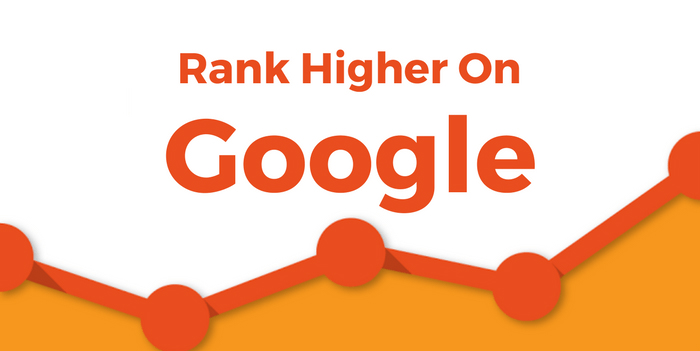Even when you produce excellent content, it can be challenging to outrank competitors on SERPs (Search Engine Results Pages) due to the abundance of content online. Search engine Optimization might not find your content if you don’t use the proper keywords.
It’s not always simple to come up with fantastic keywords, nevertheless, that will help your content rank well. When undertaking keyword research, content authors frequently aim for terms with large search traffic. However, given that they are frequently highly competitive keywords, those can be challenging to rank well for.
You need to conduct more thorough keyword research in order to find better keywords. To qualify a keyword, take into account the following six factors:
1. The search engine results don’t correspond to the search query
According to how well it matches the search intent, Google ranks material. If your keyword doesn’t have a lot of competition, the better chance Google has of finding it the more closely it fits search intent. Keep in mind that if a keyword matches the search purpose, it can be successful even for low search volume keywords.

The likelihood that your article, which does match the user’s search intent, will rank higher on the SERP increases as the number of results that do so decreases.
Since they are more precise, long-tail keywords usually work better.
2. The websites on page one have lower domain authority than yours.
Google favors referencing popular and influential websites first (i.e., sites with a higher number of backlinks and authority). If your site’s domain authority (DA) score is poor, it will be more difficult for it to compete against high-authority sites.

When choosing the best keywords to target, you should take domain authority into account. The good news is that you have a good chance of outranking the websites on the first page of Google if their domain authority (DA) is lower than yours. This is because your website is more popular.
3. On Google’s first page, forum sites can be found.
Article references are frequently used by Google. If Quora, Reddit, Twitter, and Facebook Groups are listed on the first page of your keyword search results, that’s a forum site. The difficulty in locating pertinent, high-quality materials on the subject in this situation may be a factor. You have a fantastic opportunity to write an article on the subject that could possibly rank first on page one.

4. E-commerce websites might be found in search results.
There are two potential causes if your keyword returns to e-commerce sites when you’re producing an informative piece of content, and one of them you may use to your advantage is to improve your ranking.

The first explanation is that your term could not be capturing search intent as intended. If your keyword doesn’t yield the desired results, try changing it. Additionally, it shows that Google is having trouble locating pertinent articles on the subject. Google will probably rank your educational post above any commercial material if you know your term doesn’t have any relation to purchasing intent.
5. Page one has brief articles.
If the first page of Google for your keyword search returns articles with 800 words or fewer, you could outrank them with a longer essay. Here’s why:
- More text makes it simpler for Google to comprehend the material and properly index it. By doing this, you improve the likelihood that Google’s bots will discover your work and accurately match it to a search query.
- Content that adds value is rewarded by Google. The reader is thought to value publications that are longer, more detailed, data-rich, and quote research more.
- A longer article has a greater chance of being found by search engines since it can target more keywords.
- An article’s domain authority rises when it has more backlinks, which are attracted to well-researched articles.
-
3. Page one results include websites with sluggish page loading times.
Page speed is a different ranking criterion that Google takes into consideration. The longer it takes for a website to load, the more probable it is that visitors will leave after a short while. Additionally, if visitors are not staying on a website for a long time, it begins to fall in the ranks.

In the quest for the top ranks, having a speedier web page can provide you an edge if you analyze the loading times of your competitors’ websites. To check your page’s speed, utilize Google’s PageSpeed Insights tool.

